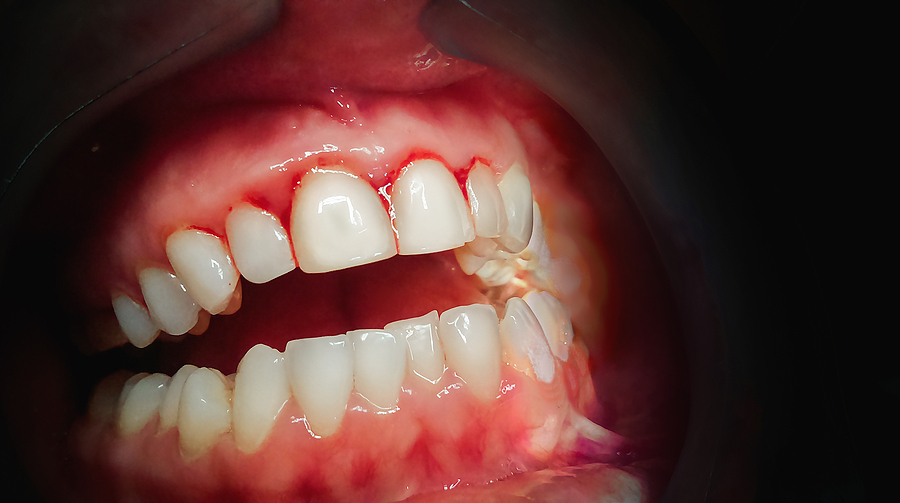Posted by Mr. Bin
Uncategorised
on Jan 7 2025, 02:23 AM
Gum disease is one of the most common dental problems affecting millions worldwide. Left untreated, it can lead to severe oral health issues, including tooth loss. Fortunately, early detection and timelygum disease & treatment in Livonia and Ann Arbor, MI, can help prevent further complications and restore the health of your gums. In this article, we’ll explore the causes, symptoms, stages, and effective treatments for gum disease and why seeking care from a qualified dentist is essential for long-term oral health.
Gum or periodontal disease is an infection of the tissues that support your teeth. It begins with the accumulation of plaque—a sticky film of bacteria that forms on the teeth. If plaque is not removed by brushing and flossing, it can harden into tartar, irritating the gums and leading to infection and inflammation.
There are two main stages of gum disease: gingivitis and periodontitis.
Several factors can contribute to the development of gum disease. Understanding these causes can help prevent its onset and ensure proper care for your gums. Common causes include:
The symptoms of gum disease can range from mild to severe. Early stages may not cause noticeable pain, so regular dental check-ups are essential for detection. Common signs to watch for include:
If you experience these symptoms, visiting adentist in Livonia and Ann Arbor, MI, is crucial for a comprehensive evaluation. So once you notice any of these symptoms,contact usimmediately to get the best gum disease treatment and healthy gums with improved oral health.
The treatment for gum disease depends on the severity of the condition. Early intervention can often restore gum health without the need for surgery. Below are common treatment options for gum disease:
If gum disease progresses to periodontitis, surgical intervention may be required to restore gum health. Common surgical options include:
Laser treatment is a minimally invasive option for treating gum disease. It uses laser technology to remove infected tissue and promote healing, offering benefits like reduced discomfort and faster recovery times compared to traditional surgical methods.
For infections that do not respond to deep cleaning, your dentist may prescribe antibiotics or antimicrobial treatments to help control the bacteria that cause gum disease.
The best way to protect your gums is by maintaining good oral hygiene and adopting healthy lifestyle habits. Here are a few key prevention tips:
Gum disease is a common but serious condition that can significantly impact your oral and overall health. With early intervention and effectivegum disease & treatment in Livonia and Ann Arbor, MI, you can restore the health of your gums and avoid complications like tooth loss. If you’re experiencing symptoms of gum disease, don’t hesitate to schedule an appointment with a qualified dentist. By prioritizing your oral health and seeking professional care, you can maintain a beautiful smile for years.
To schedule an appointment with us at SmileHere Family Dental, located at 29522 Six Mile Rd, Ste A, Livonia, MI 48152, and 3250 Plymouth Rd, Ste 102, Ann Arbor, MI 48105, please call (734) 425-7888 or (734) 888-8886 for bookings and consultations. Please visit our official website to learn more about our various services.

Gum disease is one of the most common dental problems affecting millions worldwide. Left untreated, it can lead …

Gum disease is one of the most common dental problems affecting millions worldwide. Left untreated, it can lead …

Gum disease is one of the most common dental problems affecting millions worldwide. Left untreated, it can lead …